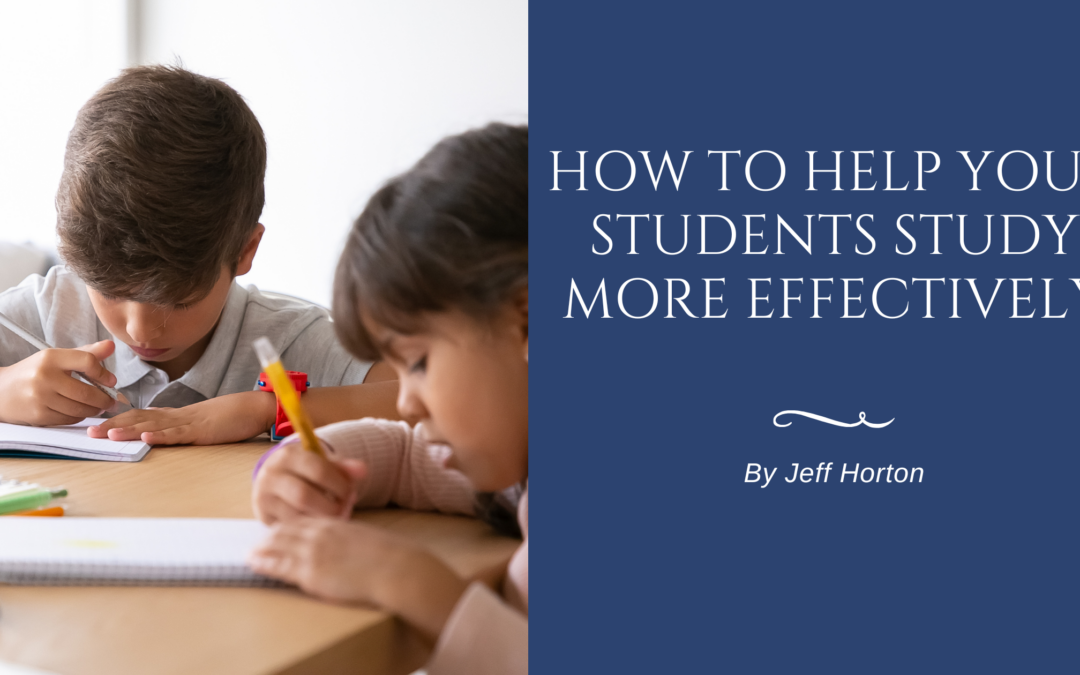Effective study habits are crucial for success, but many students struggle to study efficiently. As an educator, you can play a vital role in helping them develop strategies that will boost their academic performance and cultivate long-term learning skills. Here are some practical ways to guide your students toward more effective studying.
- Teach Time Management
One of the biggest challenges students face is managing their time effectively. Introduce them to simple techniques like creating a study schedule or breaking large assignments into smaller, manageable tasks. Encourage using tools like calendars, planners, or apps that help them track deadlines and allocate specific times for studying each subject. A well-organized schedule prevents cramming and reduces stress, leading to more productive study sessions.
- Encourage Active Learning
Passive learning, such as reading and highlighting, is less effective than active engagement with the material. Teach students to use active learning strategies, like summarizing information in their own words, asking questions, or creating mind maps. Group discussions, practice quizzes, or explaining concepts to a peer are excellent ways for students to reinforce their understanding and deepen their knowledge.
- Promote Consistent Study Sessions
Consistency is vital to retaining information. Help students understand the importance of regular, shorter study sessions over last-minute cramming. Explain the benefits of the “spacing effect,” which involves reviewing material repeatedly over several days or weeks. This technique helps transfer information from short-term to long-term memory, making it easier to recall during exams.
- Provide a Structured Environment
Students often struggle to focus in environments filled with distractions. Encourage them to create a dedicated study space free from interruptions, such as a quiet corner at home or in the library. Emphasize keeping their study area organized and minimizing distractions, like mobile phones or loud music, during study time.
- Incorporate Study Breaks
Teaching students the importance of taking breaks during study sessions is essential for preventing burnout. Introduce the Pomodoro Technique, where students study for 25 minutes and take a 5-minute break. This method helps maintain focus and improves productivity, especially during long study periods.
- Encourage Self-Reflection and Adaptation
Encourage students to regularly reflect on their study habits to see what’s working and what isn’t. They should adapt their methods based on their assessment performance or understanding of the material. Help them see studying as an evolving process where they can refine their techniques over time.
By guiding students toward these more effective study habits, you empower them to take control of their learning and set them up for academic success and beyond.

